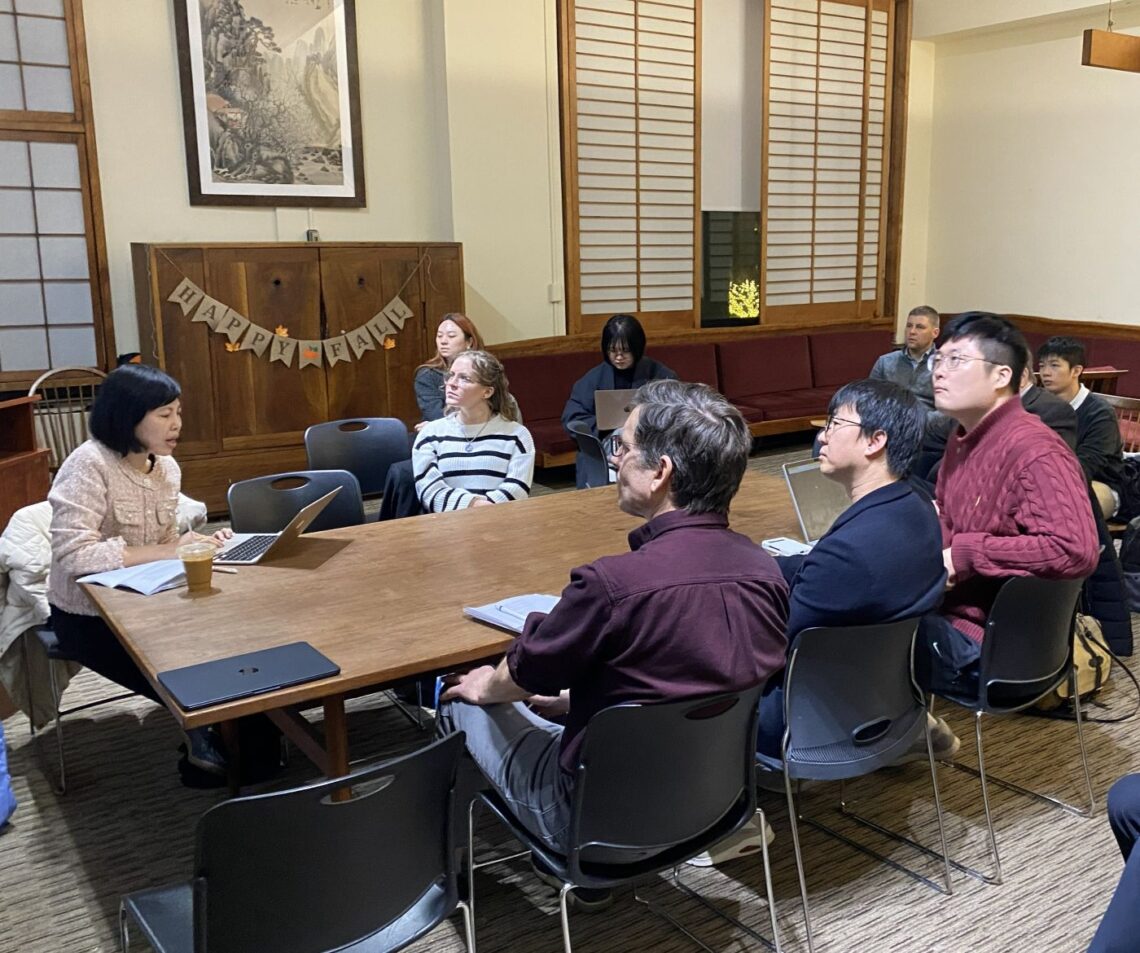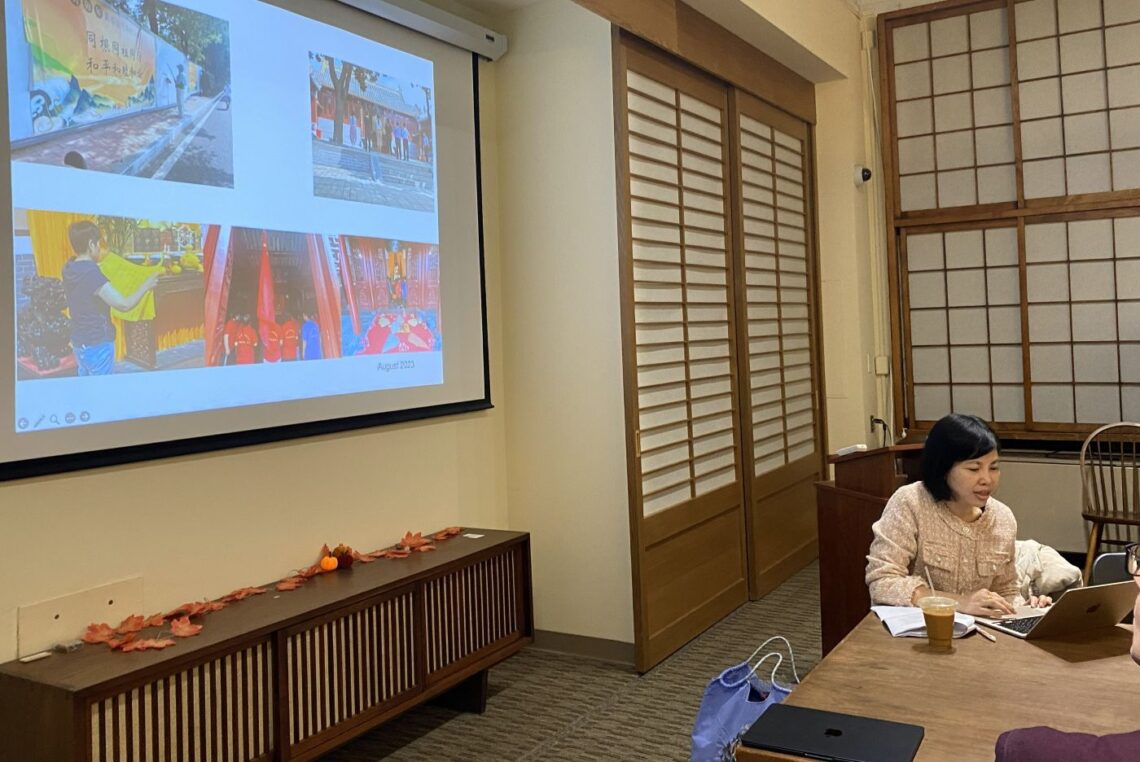December 5, 2025
Early China Seminar Lecture Series
Title: “The Cult of the Yellow Emperor in China: Heritage, Identity, and Local Placemaking”
Speaker: Shu-Li Wang, Institute of Ethnology, Academia Sinica
Time: December 5, 2025 (4:30-6:30 PM EST)
Venue: Kent Hall 403
**Please use the ‘Request Pre-circulated Paper’ link to RSVP by December 1. All visitors without a CUID are required to receive pre-authorization to gain access to Morningside campus as per guidelines of Columbia Morningside campus access. Attendees must present a government-issued ID with their name matching exactly the name registered for the event, along with an one-time QR code (via email), for entry.
China’s ancient history and the myths of common ancestors have played a crucial role in shaping contemporary Chinese national identity. This talk examines the revival of ancestral cults—particularly the veneration of the Yellow Emperor (Huangdi)—in distinctly new forms in today’s China. It explores key themes such as intangible cultural heritage, religious revival, history-making, the construction of locality, and national identity. Drawing on case studies and fieldwork in Henan, the talk analyzes how local governments and cultural actors strategically brand “Yellow Emperor culture” to engage in interregional heritage competition and craft distinctive local identities. It argues that the resurgence of Yellow Emperor worship—a legendary ancestral figure—has been driven by the forces of nationalism, a grassroots search for tradition, and religious revitalization. This revival also entails the active search for and reinterpretation of historical narratives, contributing to the ongoing construction of history in the present. Ultimately, the talk contends that global heritage discourses offer legitimizing frameworks that enable diverse localities in China to assert their cultural distinctiveness. In doing so, they foster new forms of cultural and religious expression that actively contribute to the construction of national identity in contemporary China.


